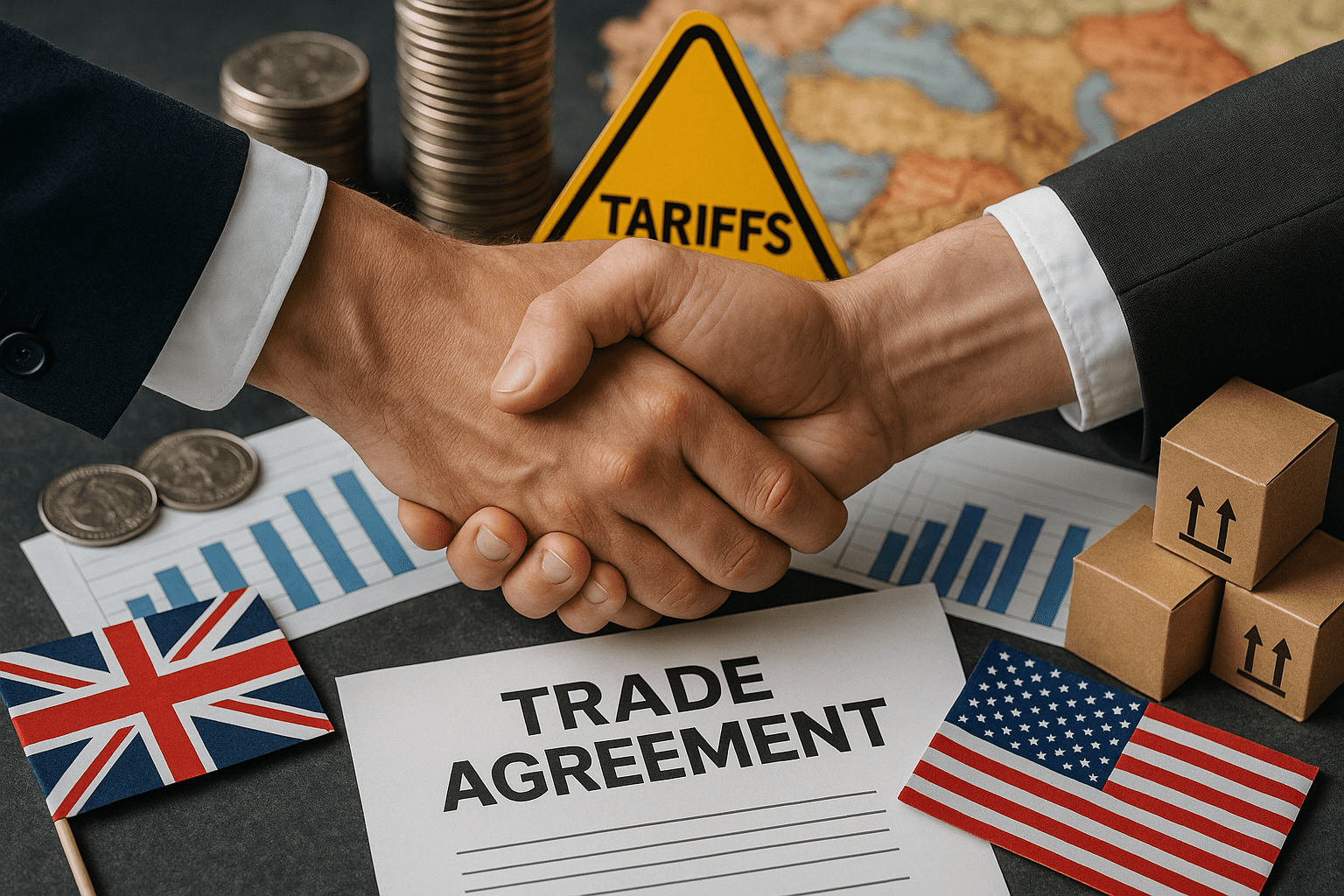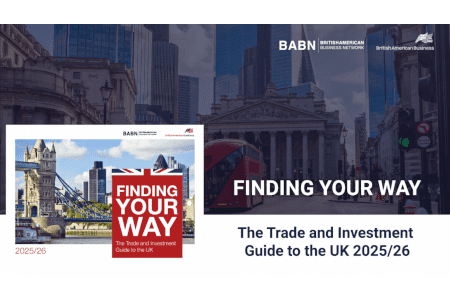1. YOU’LL NEED TO MAKE A CUSTOMS DECLARATION
A Brexit no-deal would mean all traders engaged in import and export of goods within the EU will have to comply with new regulations. A customs declaration will be required for all trade activities between the UK and the EU. Such declarations can be made by appointing an intermediary, deploying specific trade applications, or by availing the services of an end-to-end software.
2. YOU COULD AVAIL THE HELP OF TRANSITIONAL SIMPLIFIED PROCEDURES (TSPS)
TSPs are instruments designed by the UK government in order to facilitate trade with the EU. These procedures will make importing goods easier in the period ensuing Brexit. Traders that register for TSP will not need to make full customs declarations. They will also be able to defer paying customs duties.
3. YOU’LL REQUIRE AN ECONOMIC OPERATOR REGISTRATION IDENTIFICATION (EORI)
You do not have to worry about this requirement if you are a VAT registered business. In this case, you will be auto-enrolled for an EORI. However, if you are not VAT registered, you will have to enrol for a new EORI. If you want to export to the EU, then you’ll need an additional EU EORI. An EORI will become an essential part of the export compliance process.
4. YOU’LL HAVE TO PROVIDE TRANSIT GUARANTEES
In order to complete transit movements, traders will need to provide a guarantee for the customs duties suspended during the movement. You will need to obtain formal Customs Comprehensive Guarantees (CCGs). These guarantees can be availed from approved financial institutions. The requirements of these guarantees are specified under the Common Transit Convention. Traders will also need to satisfy HMRC’s customs/compliance checks.
5. CHANGES IN VAT REGULATIONS
Postponed VAT accounting will be implemented for EU imports in the case of a Brexit no-deal. You do not need to register for this service separately. Instead, you simply need to mention your VAT registration number on the customs declaration. However, these new regulations will not be applicable to postal goods worth £135 or less. Postponed VAT accounting will also be unavailable for businesses that are not VAT registered.
For more information please visit: www2.ocr-inc.com





